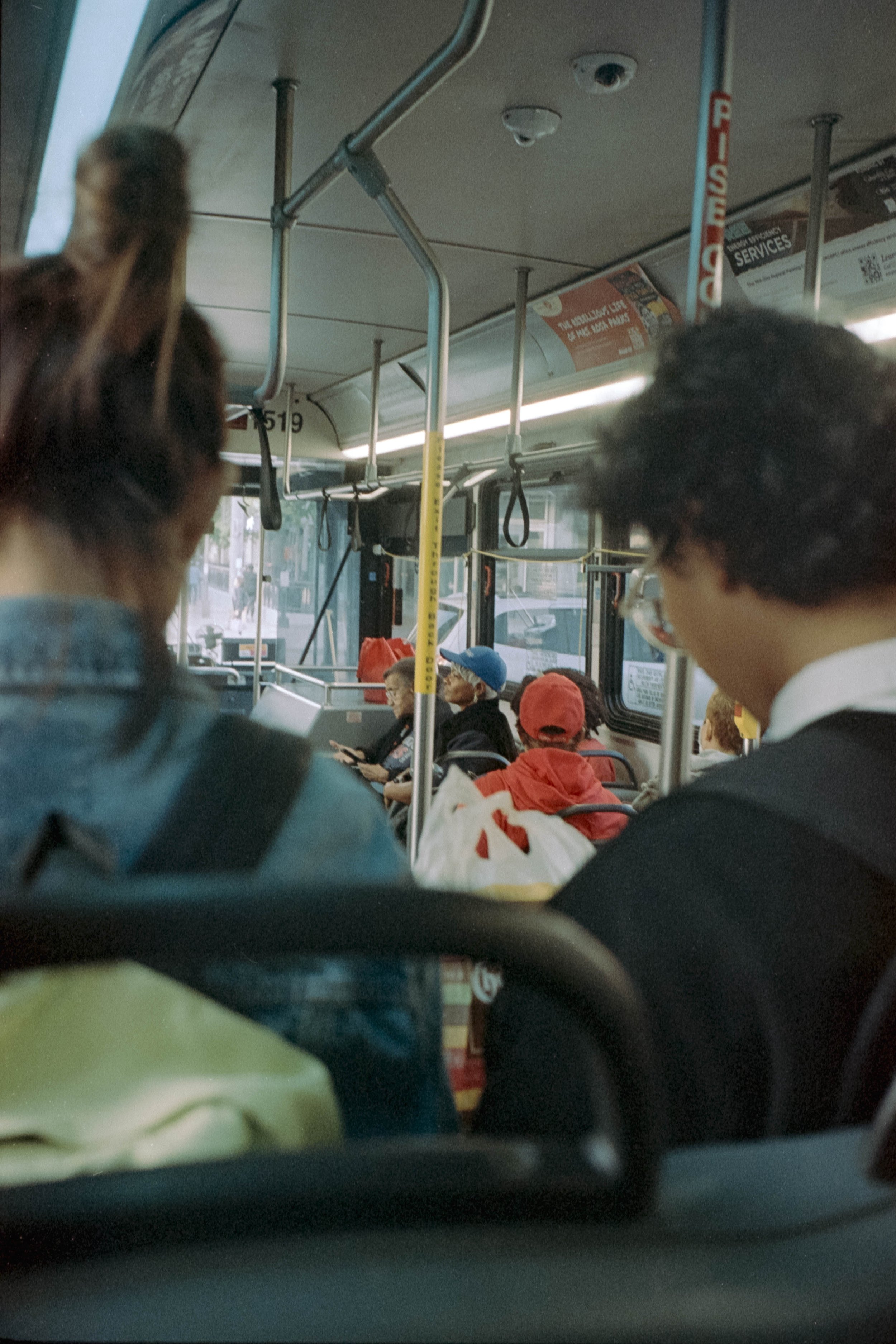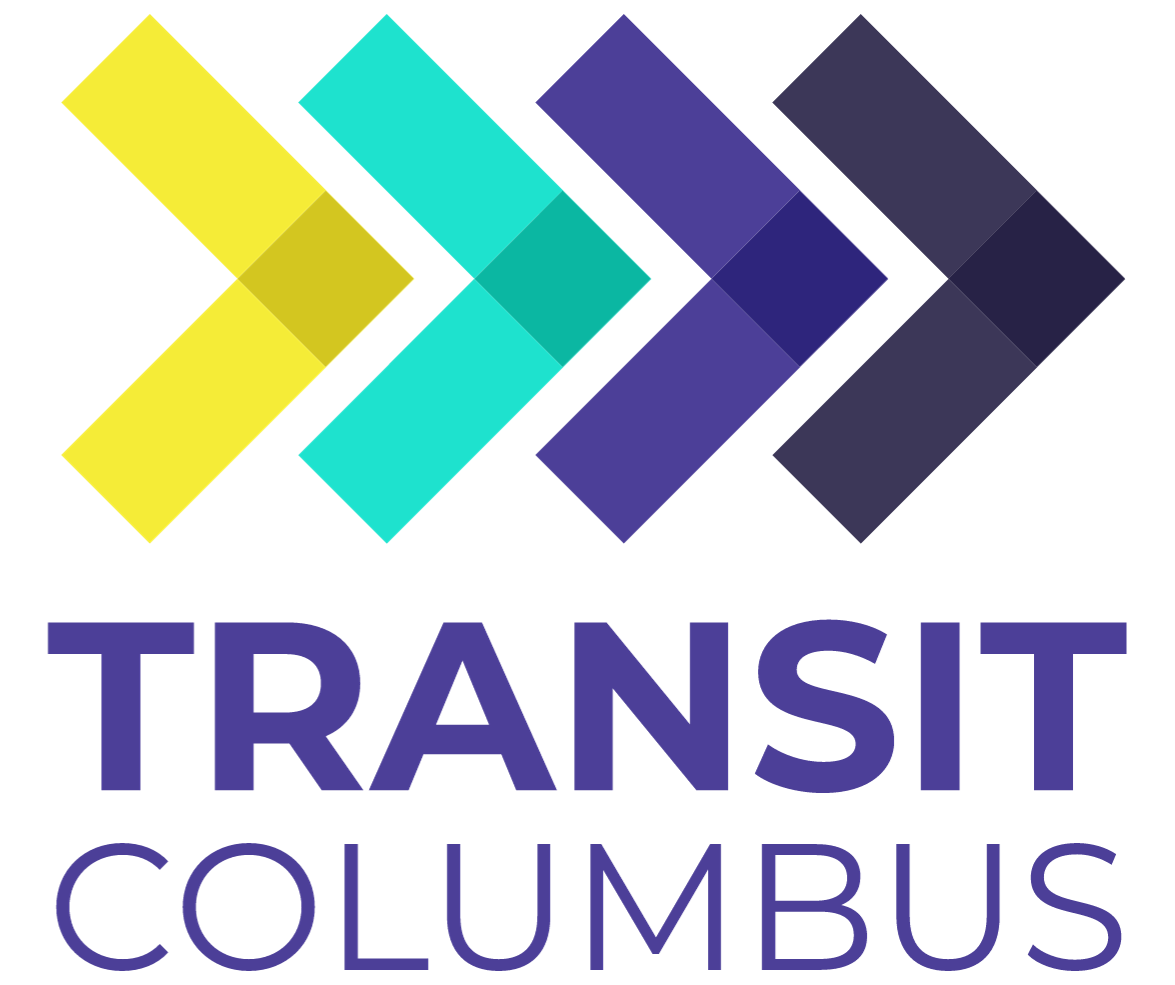
Campaigns
LinkUs & BikePlus
LinkUs and BikePlus are two city/regional programs that have the potential to massively improve and reshape transit options in the Columbus region. This campaign is centered around educating and engaging community members to ensure that their input and lived experience is incorporated into the planning and execution of these programs.
-
These are two transformative projects that would reshape our streets to be safer to travel regardless of your method of transportation.
LinkUS would increase COTA service by 45% over 2019 hours, plus add hundreds of miles of new sidewalks, bikeways, and shared used paths.
BikePlus would create a network of bike infrastructure across the central Ohio region, including protected lanes, bike boulevards, and greenways.
-
Advocacy for these initiatives is twofold: we will educate central Ohio residents about these initiatives while also advocating with the city to ensure that they are designed and implemented in a way that benefits and protects vulnerable road users.
-
We know that large scale projects can get watered down by competing interests and bureaucratic processes. Our goal is to hold area leadership accountable to deliver:
Fast, frequent, reliable, and accessible bus service
BRT with fully dedicated bus lanes
Truly protected bike lanes
Adequate funding and staff resources for project implementation
Fair wages and benefits for transportation workers
-
Ghost buses
Riders need to know, accurately, whether or not services are actually running. The increase in “ghost buses” makes COTA service unreliable and unpredictable.
-
Accurate data and reporting help identify service and operations issues, hold COTA leadership accountable, and improve experiences for both riders and operators.
-
We will be pushing COTA to improve their data collection methods and ensure that operations data is shared with riders and other stakeholders.
We will suggest that they look to peer cities like Indianapolis, St. Louis, and Kansas City, to efficiently and effectively solve the issue.
Finally, we will advocate for benchmarks for service improvement in order to hold the agency accountable to those it is meant to service.
-
If our asks are met, we expect to see increased accuracy in schedules on third party apps, improved service frequency and reliability, and a decrease in negative consequences to transit riders due to buses that were either late or never arrived.
-
• Why Transit Reliability is Difficult in Midsized Cities
• Ghost Buses are Haunting Riders Across America
• What Makes Transit Successful? Survey Says It's Frequency, Reliability and Shorter Travel Times
• Unreliable Trains More Hated Than Slow Ones
• 2023 Transportation Report Card
Fare free buses
Payment is a huge hurdle to many transit riders. Removing the barriers of cost and technology not only makes it easier for people to use public transit options, but it increases the speed of boarding, takes pressure off of operators to collect fares, and even makes financial sense for a transit system the size of COTA.
-
Not only are many other cities opting to make their buses fare-free (or at the very least, pilot a fare-free program on specific lines), but a study done by COTA itself shows that the money saved from not having to pay for or maintain fare collection means they would likely not lose revenue at all from going fare-free, given that most funding comes from non-fare sources.
-
We have met with a strong resistance from COTA on this front. Our next step is to gather the necessary data to understand the impact of free fares on both COTA (namely financially) and the community.
In the short term, will will continue to push for a program that allows volunteers to sign eligible riders up for discounted fares, rather than rely on the existing system which forces riders to go downtown and bring paperwork in order to receive any discount.
-
We hope to be able to pilot a fare-free program to get definitive data on whether or not fare free buses would be feasible and financially possible on a larger scale in Columbus.
Longer term, we hope to see wider adoption of bus usage due to reduced barriers created by cost, technology, and perceived complexity of fare payment system.
-
Commuter rail
The Federal Railroad Administration (FRA) identified four projects in Ohio for further study. We will work with community partners to advocate for these projects to increase fast, affordable inter-city travel opportunities.
-
-
We are partnering with All Aboard Ohio to put pressure on the statehouse to provide the funding necessary to design and build the projects identified by the FRA.
-
We hope to see all four projects fully funded and built out, including two routes that pass through Columbus: The "3C+D" route (Cleveland, Columbus, Cincinnati, and Dayton) and the Midwest Connect (Pittsburgh to Chicago via Columbus and Ft Wayne.)
-
